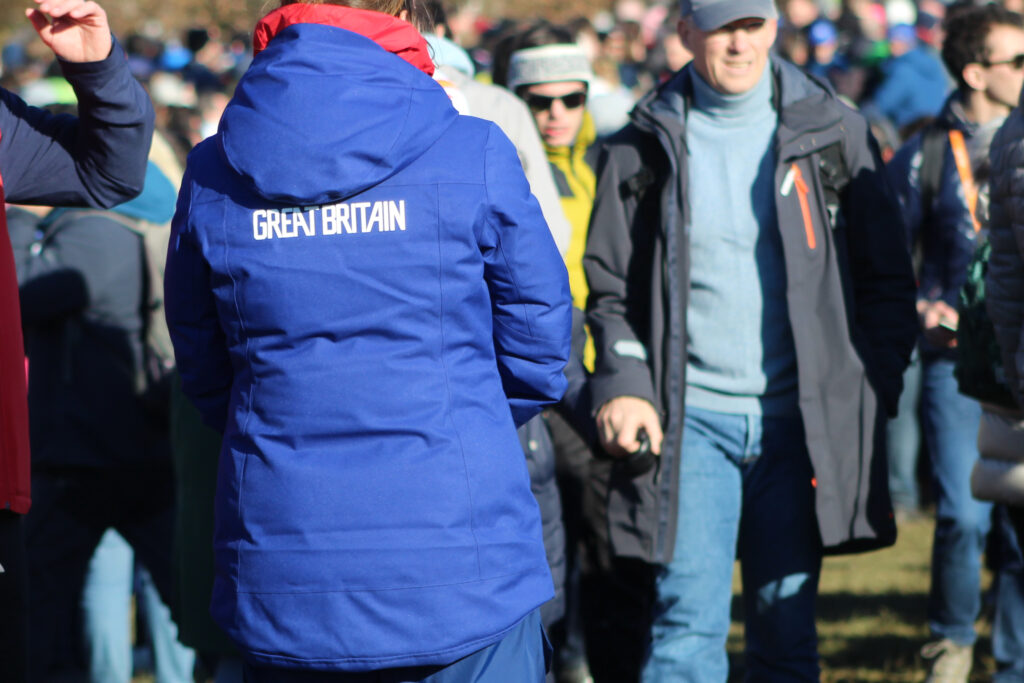British U20 teams at World XC: UK Athletics lets the side down

James Davis casts an eye over UK Athletics’ team selection for World Cross Country.
No-one expects British success at the World Athletics Cross Country Championships.
Cast an eye over the previous years’ medal tables and a theme tends to emerge. Since 2011, when the championships transitioned to being held biennially, the top two spots in the medal table have swapped freely between Kenya and Ethiopia.
The last British medal came in 2013, a team bronze for the junior women. The one before that was in 2004.
At senior level, where medals are the priority, the will to send a British team is limited, and even athletes themselves are not keen, as this year’s event in Bathurst, Australia, shows.
Emile Cairess, Mahamed Mahamed, Jessica Warner-Judd and Abbie Donnelly all were eligible to be selected for Bathurst through their European Cross performances last December — only Donnelly accepted.
With the championships now over, results from New South Wales make for mixed reading.
A senior women’s team consisting of a well-placed Donnelly and Amelia Quirk were third team home when excluding the Rift Valley trio of Kenya, Ethiopia, and Uganda, but sole British senior man and U23 silver medallist at European Cross in December, Zakariya Mahamed, was a lowly 76th.
A stronger mixed relay team might have medalled, but would have required the attendance of British middle distance talent who currently have a firm focus on the indoor season.
For the two junior teams, each was the third-placed non-Rift Valley nation, but consisted only of four athletes, rather than a full complement of six.
Without wishing to delve too deeply into policy, regulation, and pages of rules, criteria, and subclauses, British selection for international championships follows a simple process.
The current British Athletics Selection Philosophy, an overarching view of how teams are chosen, runs from 2017-2024. From this, individual championships selection policies are created, with the philosophy aiming to provide ‘clarity and consistency’ between editions.
The World Cross Country Championships philosophy proclaims: “The competition provides a key developmental opportunity for juniors – as such, full U20 teams will be always be [sic] selected.”
Why then, did only eight juniors make the trip Down Under?
Whilst a cynic might ask whether the recent financial difficulties faced by UK Athletics might have led to cost-cutting measures, money to send elite teams to championships comes from UK Sport funding and is ring-fenced.
Performance-wise, though delving into the minds of selectors is more fortune-telling than fine art, why not take the omission of Sam Hodgson of Windsor, Slough, Eton & Hounslow?
Southern U20 champion by some distance, over 30 seconds ahead of British team member and clubmate Luke Birdseye, Hodgson was second behind Edward Bird — first Brit home in Bathurst — at the final Cross Challenge in Perth.
Rowan Miell-Ingram, fourth in Perth and a consistent performer in the three Cross Challenges prior, could also have been a strong pick.
Another peril of taking only four athletes is the absence of a margin for error in team scoring.
On the U20 women’s side, Megan Harris had an uncharacteristically weak performance for 40th — European fourth-placer Sam Mills was also well down in 48th in the men’s race.
With significant travel time and time difference on the ground in Australia a potential factor in senior athletes giving the race a miss, surely all the more reason to take a full set of athletes?
If the financial case for only sending four athletes is non-existent, and the performance cases are weak, making the developmental case is even more difficult.
Looking back to Bydgoszcz, Poland, on that day in 2013, the scoring medal-winners consisted of Emelia Gorecka, Georgia Taylor-Brown, Amy-Eloise Markovc, and Bobby Clay.
While both Gorecka and Clay have left the sport after record-breaking junior careers, double Olympic medallist Taylor-Brown is a name known to anyone with even a passing interest in triathlon, whilst Markovc has a European indoor title and is going from strength to strength over track’s longer distances.
All this goes to illustrate a simple fact — whilst not all juniors will turn into great seniors, some do, and the experience afforded to them is often invaluable.
Looking at championships either side, British U20 teams featured future senior internationals Hannah Nuttall, Abbie Donnelly, Amy Griffiths, and Ben Connor, among others.
British Athletics promises that selection policies ‘will be formulated to comply with the selection philosophy outlined for each competition.’
It is hard to see how this was the case for this year’s World Cross.
Writing a policy that prevents full U20 teams from being selected is either a deliberate deviation, or a complete oversight.
The former deserves an explanation, which has not been forthcoming — UK Athletics declined to comment on this story — the latter would be a disservice to junior athletes who train just as hard as Britain’s top seniors each week in the hopes of international selection.
We simply don’t know what might have happened if six junior athletes had raced in Bathurst. It’s unlikely to have produced Britain’s first medal in a decade, and it will take some time to figure out if the next Georgia Taylor-Brown or Amy-Eloise Markovc spent February 18th 2023 sat at home.
There isn’t a second chance to select a team, and all we can do is look to the future for the clarity and consistency promised.
After all — no-one expects British success at World Cross, but we should at least give ourselves a chance.